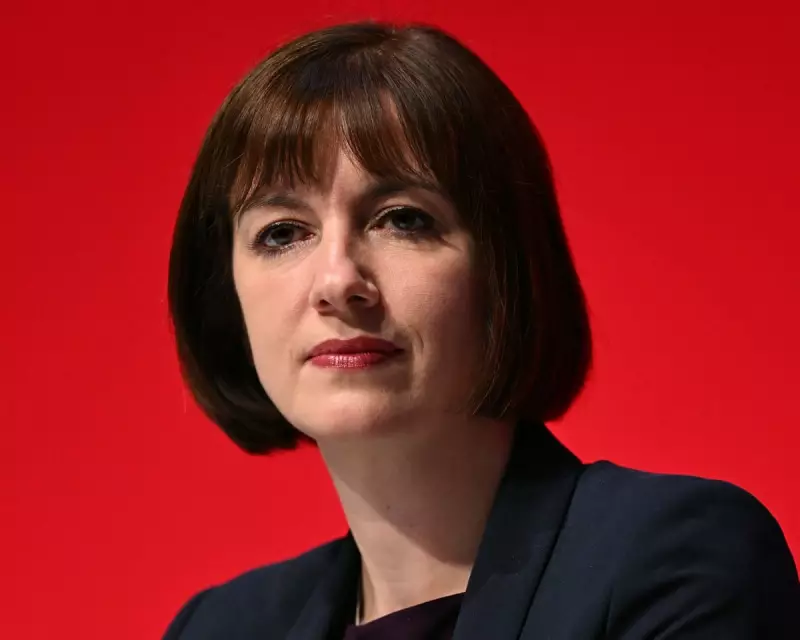
Education Secretary Bridget Phillipson has launched a significant challenge to the Labour leadership, demanding the complete abolition of the controversial two-child benefit cap in a move that exposes growing tensions within the government.
In a bold intervention, Phillipson has written directly to both Prime Minister Keir Starmer and Chancellor Rachel Reeves, urging them to scrap the policy in its entirety rather than pursuing partial reforms. The cap, which restricts child tax credit and universal credit to the first two children in most households, has been criticised as a "cruel poverty-producing mechanism" by anti-poverty campaigners.
Growing Pressure on Treasury
The Education Secretary's position puts considerable pressure on Chancellor Rachel Reeves, who has previously expressed concerns about the £1.6 billion annual cost of fully removing the cap. Treasury officials have been exploring alternative options that would soften the policy's impact without committing to full abolition.
However, Phillipson's intervention suggests that partial measures will not satisfy the growing number of Labour MPs and campaigners who view the cap as fundamentally incompatible with the party's mission to tackle child poverty.
Internal Divisions Surface
The public nature of Phillipson's pressure tactic reveals significant divisions within the top levels of government. While Starmer and Reeves have emphasised fiscal responsibility, multiple cabinet ministers including Phillipson and Work and Pensions Secretary Liz Kendall have expressed serious reservations about maintaining the policy.
Analysis suggests the two-child cap currently affects approximately 1.5 million children across the UK, with anti-poverty charities arguing it pushes families deeper into hardship.
Political Calculations
The timing of this intervention is particularly significant as the government prepares for its first autumn statement. Phillipson's letter represents a calculated move to force the issue onto the Treasury's agenda and test the limits of Labour's much-discussed "fiscal discipline."
With backbench pressure mounting and opposition parties positioning themselves as champions of welfare reform, the Starmer-Reeves partnership faces its first major test of balancing political principles with economic realities.





